
We’ve been sold a bill of goods. For years now, we’ve been told how algorithms can be deployed to anticipate what we’ll like at any given moment in time.
Whether it’s online shopping, a restaurant suggestion, a song we’d like, a movie we’d enjoy, or a podcast we’d love, the idea is that a computer-generated prediction is more reliable and satisfying than one a human cooks up. I thought about this after reading your many responses to last week’s blog post about Merriam-Webster’s selection of “authentic” as 2023’s word of the year.
Many of us believed their pick would be a hands-down selection for “artificial intelligence” – clearly, the buzzword that captivated our thoughts, our fears, and our imaginations over the past many months. And the recent drama over Sam Altman’s tussle with the board at OpenAI only underscored the much-hyped theme about how this technology would dominate our personal and professional beings.
But are the algorithms actually working? Are we truly getting the best possible cyber choices from our robotic friends?
When I look at the “suggestions” on Amazon, Netflix, and other tech platforms, I find myself consistently disappointed by the selections. As someone who enjoys music, I often feel let down by digital streaming platforms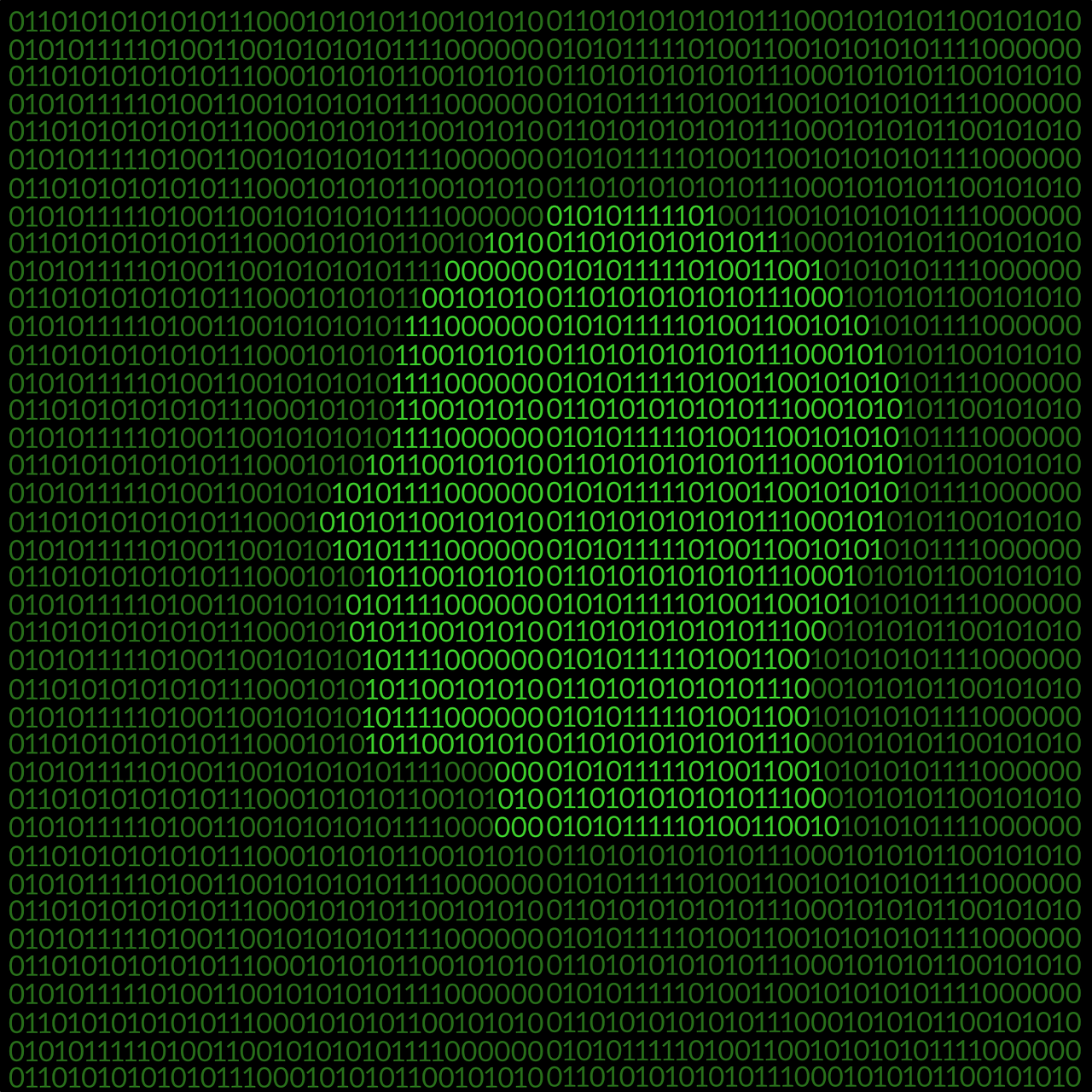 that attempt to find songs and artists that sound like the one I chose to start the process.
that attempt to find songs and artists that sound like the one I chose to start the process.
For all the data these algorithms have at their disposal, I continue to be disappointed by the choices the bots try to pawn off on me, forcing me to skip songs frequently. How did Little River Band end up on the same playlist with Neil Young?
And why don’t the algorithms respond more intuitively to taste sensibilities? Why can’t I ask for Rod Stewart songs that have no resemblance to “Do Ya Think I’m Sexy?” Or more obscure Tom Petty songs than his biggest hits like “Refugee.” If these algorithms are so good, why can’t they do a more nuanced job of filtering tastes and incorporating layers?
I don’t think I’m alone. The concept of authenticity is something many consumers yearn for. And there’s nothing authentic about an algorithm. But that’s the path we’re on. As the automatons take over our entertainment and information machines, why can’t I have a real human with great taste who would be my pop culture Sherpa – someone whose curation skills were well-honed, smart, and savvy? Most of us have had people in our lives with just that skill who have helped us navigate music, art, movies, and TV. But sadly, in an age of infinite choice, the algorithms are now dulling the experience.
It certainly would come in handy when we sit down to watch TV. Yes, the big streamers lay out their selections, row by row and end to end across our screens. But we have to do the perusing, trying to make judgments as to whether a movie, TV show, or documentary is just what we’re looking for. Or we can take their suggestion: “Because you watched Succession, you might like this.” But often we don’t because the algorithms come up short.

To make matters worse, there are seemingly infinite choices in front of us, making it even more stressful and aggravating to find just what we want to watch or listen to next. Amazingly, Bruce Springsteen sung “57 Channels And Nuthin On” exactly 30 years ago. There’s no way he could have imagined we’d have more than 10 times that many choices today. . . with the same reaction.
Sadly, most of our options – whether it’s streaming audio, video, podcasts, and most other content – are plentiful but sadly similar to one another. Nothing truly differentiates one outlet from the other. They all use computer generated algorithms to predict what we’ll want. I defy you to point to an outlet with a superior robotic prediction engine.
In fact, wouldn’t a better more interesting option be using talented programmers to take us by the hand and lead us to the good stuff?
That’s what Pluto TV is betting on.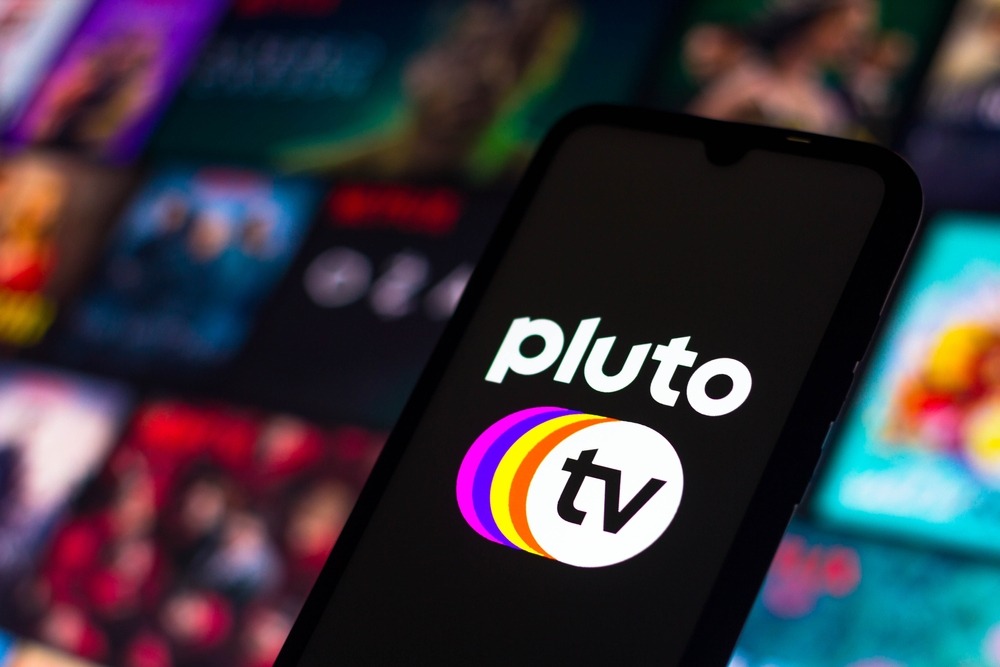
If you’re not familiar with this platform, Pluto is a different animal, rapidly emerging in the world of television. Unlike Netflix, Disney+, Hulu, and other subscription video channels, Pluto TV is in a category known as FAST TV.
It’s free, ad-supported, it streams, and it typically has a ton of content. All sorts of stuff to watch.
As Kourtnee Jackson reports in a recent CNET story, FAST TV fits in right between cable TV and subscription video streaming services.
For the moment, Pluto TV and Tubi (owned by Paramount Global and Fox respectively) are the biggest of the lot, but there are undoubtedly more of these hybrids on the way. As more and more consumers have become alienated by rising subscription fees and monthly credit card bills out of control, these options are looking better and better.
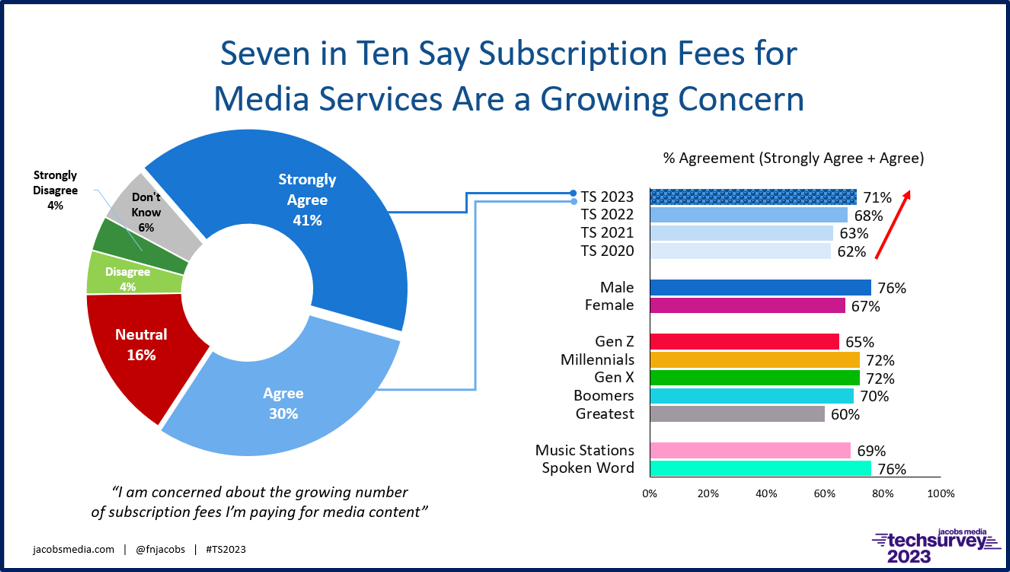
Typically, a lot of the content on these channels falls under the “classic” heading – old shows laced with nostalgic appeal. But original programming is beginning to make its way onto both Pluto TV and Tubi.
As a result, these platforms are becoming more and more popular – and aggressive. Consider that Tubi ran an ad on this year’s Super Bowl – a disruptive, buzzworthy spot that had the desired effect: it grabbed attention, so much so that viewers thought their TV were being taken over by the streaming platform mid-game.
And now Pluto TV is taking to the airwaves with a spot of its own that’s features a different tactic to get our attention. Pluto TV is using the human touch to differentiate itself from the legions of streaming television channels that rely on robots.
A new story in Marketing Brew talks about the strategy of “human-led curation” on the platform. In a 180 from AI program selection, Pluto TV is pinning its hopes that real people recommendations could be the differentiator.
The humorous campaign is called “Programmed by Humans,” utilizing three spots where a Pluto TV curator shows up in the homes of viewers. Now could an algorithm do that?
Pluto TV employs more than 50 programmers whose job it is to make host decisions about what content the platform will feature.
Their global SVP/head of consumer marketing, Val Kaplan, explains the Pluto TV strategy:
“Part of the reason the human experience of watching Pluto is so authentic is because we have a very human element to our programming.”

There’s the A-word again, obviously something Pluto TV is emphasizing. Are there really no bots or algorithms in their selection system? Of course not. But as Kaplan points out, it’s Pluto TV’s human element that makes them different:
“Of course, we leverage data, we leverage AI and machine learning and all of that, but (the campaign) is really meant to enhance the human creativity and real-life fans who make our programming and experience what it is.”
Smart.
Now perhaps it’s debatable just how much humans are truly programming the decisions on Pluto TV, but the power of this imaging is obvious. Most of us have an inherent fear of the robots taking over how lives – and our media. We’re already preprogrammed to mistrust the bots. All Pluto TV is doing is playing to our desire for authenticity, as well as paranoia over rampant technology.
Consider this data point from our recent Public Radio Techsurvey where nearly three out of four fans express alarm over AI’s rapid progress:
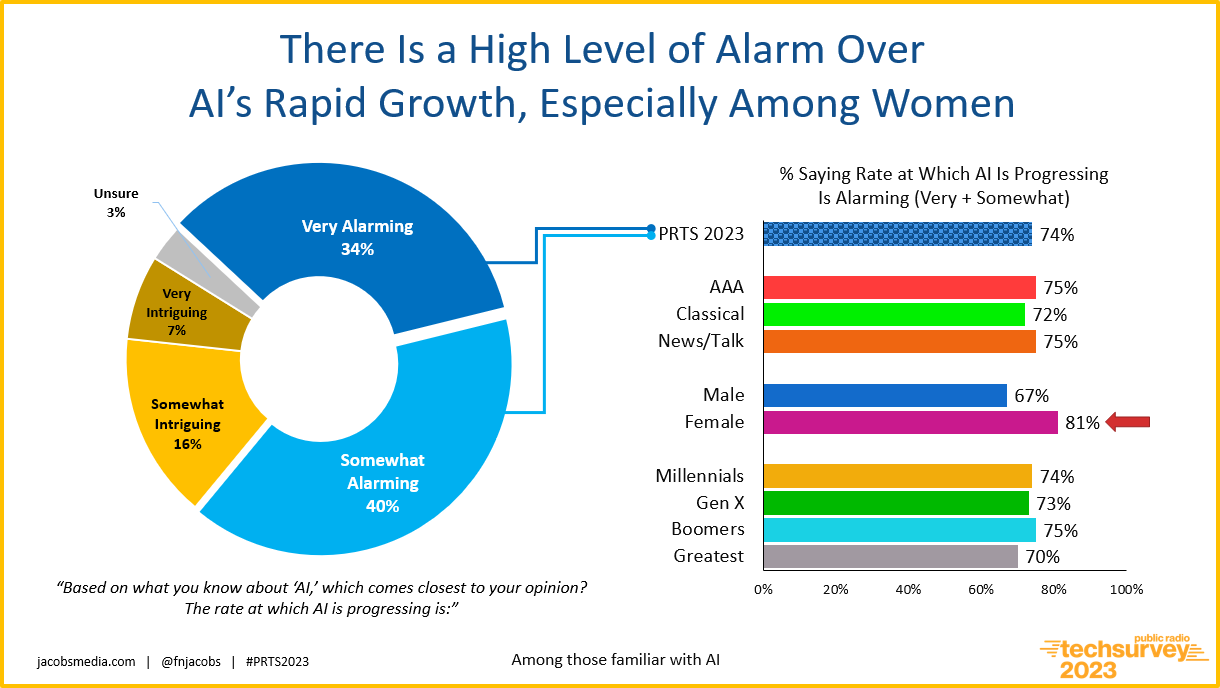
These public radio fans are the most educated consumers – most have advanced degrees – and they’re deeply concerned about the influence of AI. Notably, the Millennials show as much alarm as Gen Xers and Baby Boomers.
So if consumers are predisposed to be skeptical about robotic recommendations, why couldn’t many radio stations make the same case as Pluto TV? After all, who knows what rockers in Detroit want (or Boise or Austin or…) better than the veterans who work for your radio station and live in your market?
Spotify, Pandora, and other streaming audio platforms have distinct features and advantages – along with their premium subscription costs – but none has that human touch.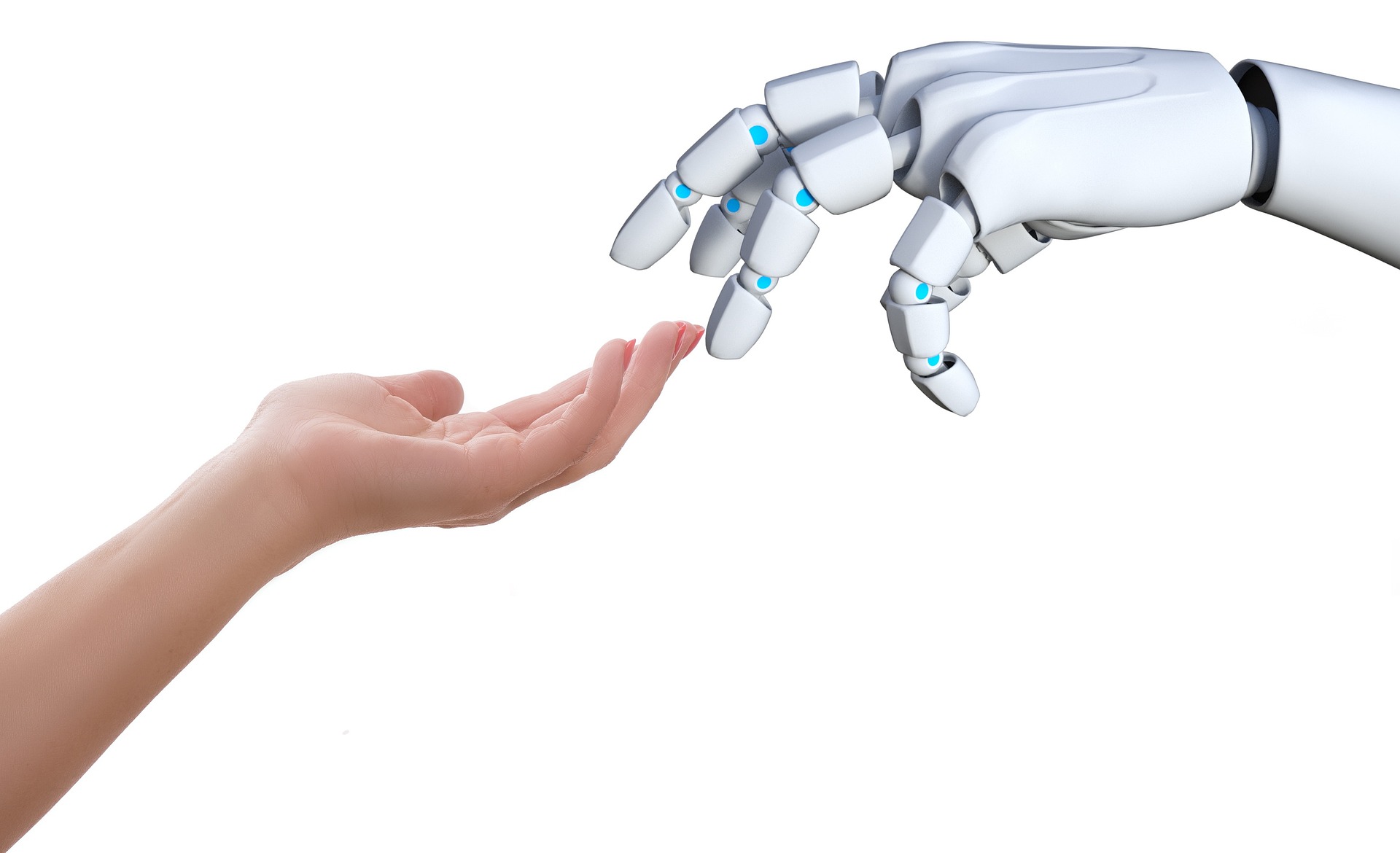
I am only too aware that many FM music stations no longer have more than a handful of warm bodies trying to stay on the air and maintain some semblance of a service. Or that out-of-towners are voicetracking or programming from thousands of miles away.
But there are thousands of others who still are “doing radio” the old school way. They are programing their stations every day – by hand. Some personalities even have an elemental control over what they play, particularly during feature segments. And they live in the markets where they work.
If Pluto TV can have fun with this concept in their advertising and not take itself too seriously, why couldn’t clever, smart local radio stations make a similar case?
 Here’s an interesting aside – “Handcrafted Radio” is a streaming service out of Okemos, Michigan started by radio vet, Dan Kelley, way back in 2007. Dan, a veteran of the radio wars, is now an integral part of the Michigan Association of Broadcasters team. But great music is obviously his passion. And it looks like he’s had the positioning right all along.
Here’s an interesting aside – “Handcrafted Radio” is a streaming service out of Okemos, Michigan started by radio vet, Dan Kelley, way back in 2007. Dan, a veteran of the radio wars, is now an integral part of the Michigan Association of Broadcasters team. But great music is obviously his passion. And it looks like he’s had the positioning right all along.
In a world freaked out by out-of-control AI and robots running amok, why wouldn’t hand-crafted music 24/7/365 help your radio station stand out?
Now about that Steely Dan/Mark Knopfler station I’m trying to build….
Thanks to Chris Brunt.
Hundreds of stations have already signed up for Techsurvey 2024, launching next month. To get local data like the type shown in this post, get more info here.
You can support “Handcrafted Radio” here.
- What To Do If Your Radio Station Goes Through A Midlife Crisis - April 25, 2025
- A 2020 Lesson?It Could All Be Gone In A Flash - April 24, 2025
- How AI Can Give Radio Personalities More…PERSONALITY - April 23, 2025




I completely agree with handcrafted radio. And a market where there are 5 rock stations, two of them don’t even have live afternoon, shows if any at all, and the imaging, mostly sounds like something AI cooked up, I’m on the underdog, Sacramento‘s case app. Imagine 20 people always showing up on time, and not getting paid for it, and playing rock ‘n’ roll, that is actually accessible, and generates music discovery. I recognize how fortunate I am! Corporations won’t pay for it, and most advertising agencies don’t know what they want, other than to be associated with the next big thing. Even if it really isn’t, if it shows that they’re hip, that’s apparently good enough for them, and also, apparently good enough for most commercial radio these days. Unfortunately, listeners unlike your clients, aren’t impressed with buzz words.
For my part, Fred, I have never thought that “computer-generated prediction is more reliable and satisfying than one a human cooks up.” Rather, I think it makes my job easier and saves me time, but I have never believed it to be more reliable or satisfactory.
But I have also always believed that history works like a pendulum and that for every action there is a reaction.
People are dazzled by new technologies and rush to try and discover their supposed wonders, but that is a process that takes time.
Some time later, when people begin to take stock of the services that this new technology provides, they surely begin to find its flaws. And you probably want to go back.
That’s why words like ‘authentic’, ‘artisan’, ‘home made’, ‘made by hand’, etc. have become fashionable.
Now, without wanting to detract from your research – of which I am a fervent follower – I also think that when people are asked about the future, it is very likely that they will give opinions that will not come true years later.
I remember years ago when people were asked if they would pay to listen to music on Spotify, and most said no. In fact, I myself mocked YouTube Premium’s intrusive messages on my social media. I said that the more invitation ads they sent me, the less I would want to buy their service.
In the end, my daughter signed me up to share her Premium plan with me and today…I love it!
In summary, I believe that we are in a revolutionary era from a technological point of view, in which without having finished digesting the new advances, new ones arrive at us.
I think people are “Dazed and confused”, trying everything at their disposal without analyzing much, but over time, when this growth rate of technological innovations levels off, these innovations will decline.
And that won’t happen tomorrow. After all, the story is built step by step and continues on its path without rushing.
I just hope the radio stays alive when that happens…
Tito, thanks for the thoughtfufl comment, as allways. As I said to an early commenter, we need to embrace new technology, learn it, and evaluate how it can make our jobs easier. That is, freeing us up from the day to day drudgery to be aable to “ideate’ in a less cluttered envrionment.
Our AQ studies indicate the average PD says he has, on average, three hats/jobs. That’s self-important but it explains – at least partially – why radio people either lead into new techology or run away from it. One thing’s for sure: many radio people are still running essentially the same budgets plus or minus. So we have to figure out a way to do more with less (or at best, the same). While we don’t know all there is to know about AI, I think we have a sense it can make us more efficient, frreeing us up to participate in more creative endeavors.
Now THAT’s progress. Thanks, Tito.
There’s no AI at http://www.big8radio.com – it’s all ‘hand crafted’ and cooked by a human – me. LOL.
Charlie O’Brien
Interestingly, I heard a similar story from Scott Westerman and his Keener 13 reboot. Interesting that we get the full court press for radio stations that are old enough to collect Social Security, but we can’t figure out how to do it on so many of today’s stations.
Even the AI services are cutting back their human forces. Spotify recently let go 17% of their humans (about 1500 people). So, even the bots aren’t apparently as on track as they’d like to believe.
Dan, and Handcrafted Radio, along with Charlie and Big 8 Radio, and several others (including myself) have learned to tweak the computer’s help and come up with something personal. It can be done. Even by someone doing it by themselves. I was blessed by watching you do that back a few years ago, before and after we launched a new format, which was really just the best of a bunch of formats.
Could a bunch of stations make a ton more money by following this advice? Hard to say, there’s a lot of damage control that needs to be addressed. However, those willing to take a chance could certainly have a positive effect on the current situation.
Will fear of AI be our way out? Possibly, but it’s hard to tell yet. Let’s hope there are enough people brave enough to challenge the mighty bot. To be committed enough to be like Dan.
As you suggest, a creative, curious mind coupled with smart (time-saving) technology is key to harnessing the new tools. At Morning Show Boot Camp, our AQ5 data showed that talent – by and large – weren’t especially motivated to figure this AI thing out. i strongly suggested they rethink that. You can’t challenge “the might bot” (as you called it) unless you understand how it works. Thanks, Bryan.
I, for the life of me, can’t comprehend why you wouldn’t want to hear “Lonesome Loser” right after “Old Man”. It’s a segue way made in rock n roll heaven (sarcasm intentional).
I love your sarcasm. More entertaining than that segue!
When I first became aware of Pluto a couple of years ago, I was stunned at how poor and sloppy it was–audio levels all over the place, outdated spots, sometimes even the slate before the spot airing, same spots played back to back (and sometimes in different languages), and so many glitches with programs being cut off that I stopped watching it altogether. (How come certain radio stations come to mind even as I write?) I even remember saying to my brother I figured it must be being run by three guys out of their garage. I had no idea it was actually part of some mega media company. You sure wouldn’t have known it to watch it. Maybe it’s gotten better. Maybe I need to check it out again. But past experience was Pluto was not exactly an “out of this world” television experience.
David, I don’t think it’s slick, but it has improved. Tubi is worth checking out, too.
Actually, Fred, when I discovered I could watch much of the same content on Tubi that I had been watching on Pluto, I became a regular Tubi viewer. Much more seamless, much less glitchy. But given the article, I’m open to trying Pluto again and seeing what they have to offer. Thanks for the heads up.
My pleasure. (My son is actually part of a creative team for programming on Tubi, so I actually lean that way.)
Well thanks for the disclosure 😉
Now. I read it thrice and the woman’s quote was confusing as hell. >“Of course, we leverage data, we leverage AI and machine learning *and all of that* (😆), but the campaign is really meant to enhance the human creativity and real-life fans who make our programming and experience what it is.”
I think I get it but wow! That’s a real attempt at human communications right there. I think that it must’ve been written by an AI chat bot.
So, to clarify. What’s being discussed here is marketing… and PlutoTV is just saying that they use human programmers. And yet many radio stations/groups really do use more human intelligence to program but are not marketing that way?…YET, because of course now the cat’s out of Santa’s bag.
Yeah, that’s about it. In another words, “We have 50 human curators, but of course we use AI and machine learning to recommend content. It’s a great markeitng message.” Hopefully, radio will continue to use real people. (Unless the robots can figure out how to stay afloat with fewer commercials!)